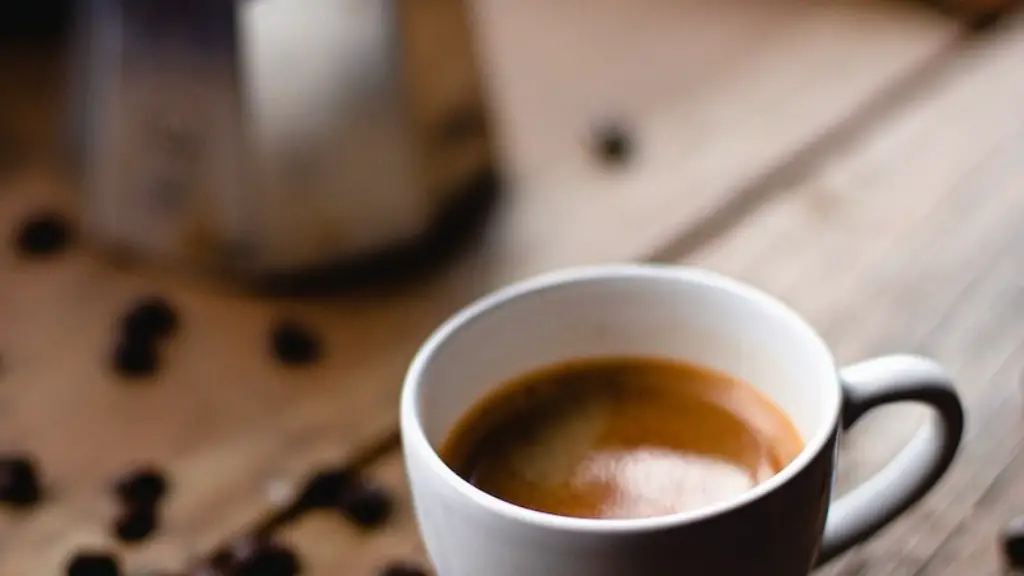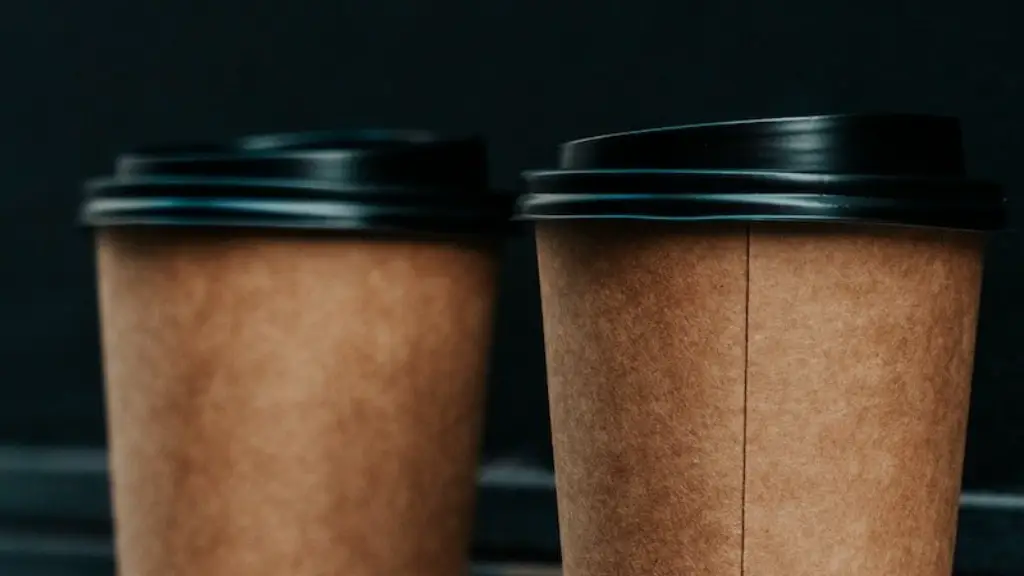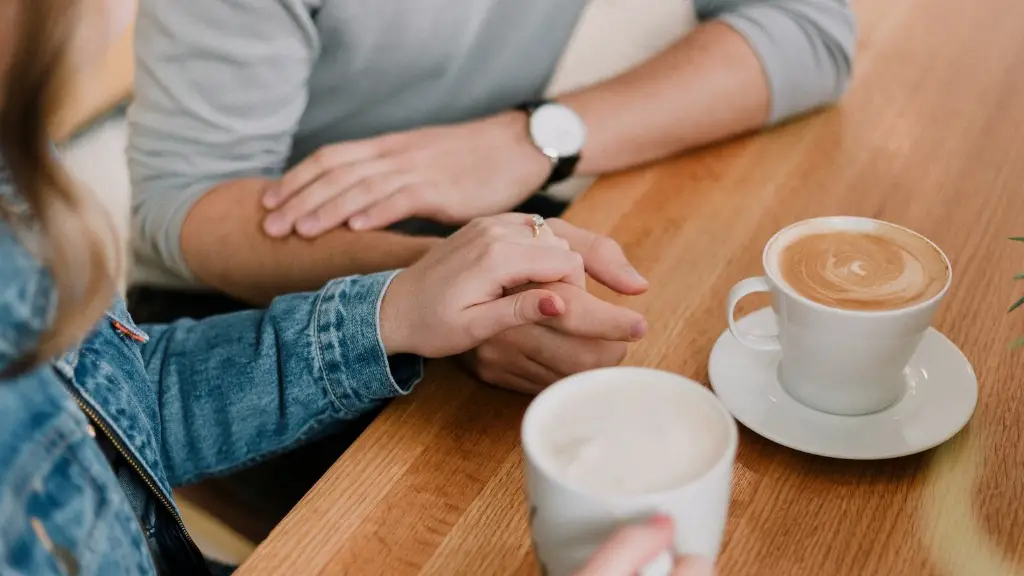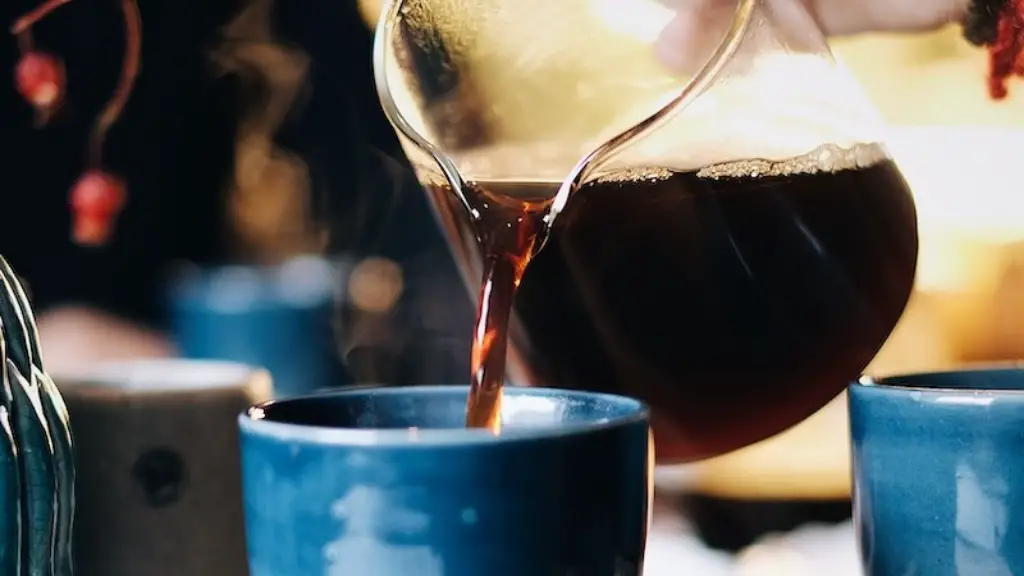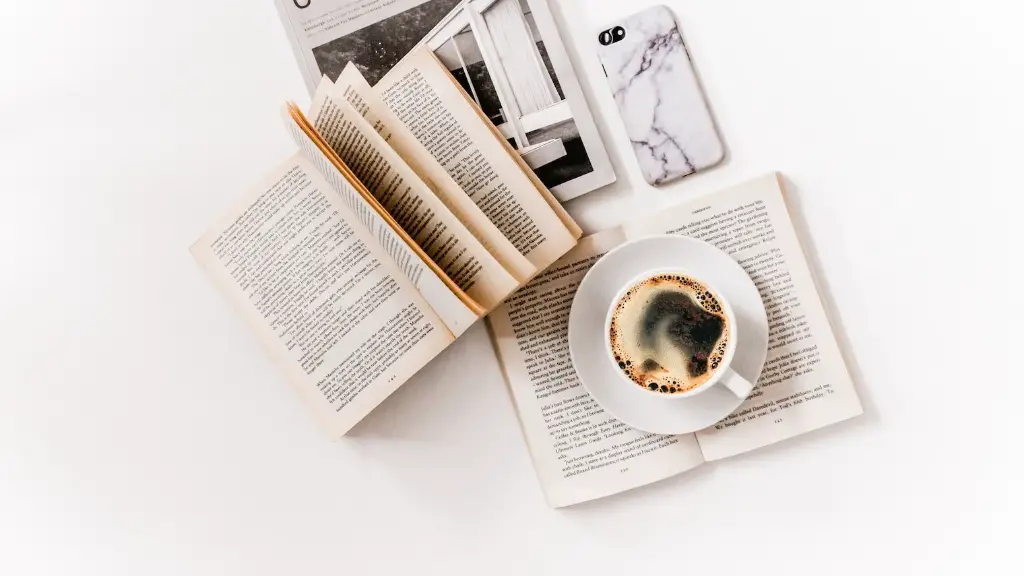The Effects of Coffee and Alcohol
Coffee and alcohol have been staples in many people’s diets for centuries. Coffee is known for its stimulating caffeine content, while alcohol or ethanol is a depressant that can induce sleep and even impair cognitive function. It’s important to be aware of the effects of these two substances, both separately and when combined.
Coffee is often consumed throughout the day to make up for a lack of energy or to stay awake. It contains caffeine, the main active ingredient that affects the nervous system. Caffeine increases alertness, improves concentration, and can even combat fatigue. It can also increase heartbeat, body temperature, and blood pressure. It typically has a stimulating effect on its own.
Alcohol or ethanol, on the other hand, is a depressant. Even in small doses, it can cause drowsiness and impair cognitive function. It slows down the central nervous system and can induce sleep. In addition, it causes dehydration and can cause physical and mental health problems over time.
When it comes to drinking coffee after alcohol, there are both pros and cons. On the one hand, coffee can help alleviate the drowsiness and fatigue associated with alcohol, allowing for a smoother transition from drinking to being sober. On the other hand, coffee may also increase the potency of alcohol, making its effects more noticeable.
The effects of drinking coffee after consuming alcohol depend on various factors, such as the amount of alcohol consumed and the type of coffee. Some research suggests that drinking caffeine after alcohol can increase blood alcohol concentration, which is the amount of alcohol present in the bloodstream. In addition, a study has found that drinking caffeine after alcohol can increase the risk of car accidents.
It is important to remember that consuming caffeine after alcohol can also lead to other health risks. Caffeine can increase one’s heart rate, making it harder to focus and concentrate. It can also cause anxiety, irritability, and jitteriness. In addition, the combination of caffeine and alcohol can cause dehydration.
In conclusion, it is important to be aware of the potential risks associated with consuming coffee and alcohol together. Although it can be tempting to rely on either to make up for a lack of energy or to sober up, it is best to do so in moderation. It is also important to drink plenty of water to help stay hydrated and to avoid dangerous situations.
Coffee, Alcohol and Performance
When it comes to drinking coffee after consuming alcohol, there are a few pros and cons to keep in mind. Some research suggests that drinking coffee after consuming alcohol can help improve mental focus and boost performance. Several studies have shown that consuming moderate amounts of caffeine after drinking alcohol can improve reaction time and cognitive function. However, the effects may vary depending on the amount of alcohol consumed.
On the other hand, some evidence suggests that drinking coffee after consuming alcohol could also impair performance. A study has found that drinking caffeine after consuming alcohol can lead to impaired motor skills and slower reaction time. Another study has suggested that drinking coffee after consuming alcohol can also increase the risk of car accidents.
Overall, it’s important to be aware of the potential effects of combining these two substances. Some research suggests that drinking coffee after consuming alcohol can improve mental focus and boost performance, while other research suggests it can impair it. Additionally, it’s important to consider the amount of alcohol consumed and the type of coffee. Moderation is key when it comes to both coffee and alcohol consumption.
Caffeine & Alcohol Addiction
When it comes to drinking coffee after consuming alcohol, there are a few pros and cons as well as potential risks to consider. In particular, there is a higher risk for developing an addiction to both caffeine and alcohol when consumed together. Therefore, it is important to be aware of any potential dangers associated with drinking coffee and alcohol together.
Some evidence suggests that people who consume caffeine and alcohol concurrently have a higher chance of developing an addiction to both caffeine and alcohol. A study has found that people who consumed caffeine after drinking alcohol had a higher risk of developing an alcohol use disorder. Another study found that people who consumed large amounts of caffeine and alcohol together were more likely to develop an addiction to both substances.
It is important to be aware of any potential risks associated with combining caffeine and alcohol consumption. Although drinking coffee after consuming alcohol can improve mental focus and boost performance, it can also increase the risk of developing an addiction to both caffeine and alcohol. It is advised to consider the amount of alcohol consumed and the type of coffee, and to do so in moderation.
Caffeine Withdrawal Syndrome
When it comes to drinking coffee after consuming alcohol, there is a potential risk of caffeine withdrawal syndrome. This is the sudden onset of withdrawal symptoms after the abrupt discontinuation of caffeine. Symptoms of caffeine withdrawal syndrome include fatigue, headaches, difficulty concentrating, and irritability among others.
Caffeine withdrawal syndrome can occur when someone consumes caffeine after consuming alcohol. Alcohol is a depressant, meaning it slows down the central nervous system. On the other hand, caffeine is a stimulant, meaning it increases alertness and improves focus. When someone suddenly stops consuming caffeine after consuming alcohol, this causes a sudden change in the body’s state of arousal, leading to withdrawal symptoms.
It is important to be aware of the potential risks associated with drinking coffee after consuming alcohol. Although drinking coffee can help improve mental focus and boost performance, it can also increase the risk of developing caffeine withdrawal syndrome. It is advised to limit the amount of alcohol consumed and the type of coffee, and to do so in moderation.
Caffeine & Alcohol Dehydration
When it comes to drinking coffee after consuming alcohol, there are several potential risks to consider. One of the most common and serious risks associated with drinking coffee and alcohol together is dehydration. This is because both caffeine and alcohol are diuretics, meaning they increase the production of urine and can lead to dehydration.
Dehydration can be particularly dangerous as it can lead to a range of symptoms such as headaches, dry mouth, dizziness, and fatigue. Furthermore, excessive alcohol consumption can also lead to electrolyte imbalances, which can be exacerbated by the diuretic effects of caffeine. In addition, caffeine and alcohol both inhibit the body’s ability to absorb fluids, increasing the risk of dehydration.
It is important to be aware of any potential risks associated with drinking coffee after consuming alcohol. Although coffee can help alleviate the drowsiness and fatigue associated with alcohol, the combination of caffeine and alcohol can also lead to dehydration. It is advised to drink plenty of water and limit alcohol and caffeine intake in order to avoid dehydration.
Caffeine & Alcohol Interaction
When it comes to drinking coffee after consuming alcohol, there are both positives and negatives to consider. One of the major benefits of drinking coffee after consuming alcohol is that it can help reduce the effects of a hangover. Hangovers are caused by a variety of factors, including dehydration, electrolyte imbalances, and the toxins present in alcohol. The diuretic effect of caffeine can help reduce the intensity of a hangover by increasing the amount of alcohol that is eliminated from the body.
On the other hand, drinking coffee after consuming alcohol can also have negative effects. Caffeine can interfere with the absorption of alcohol, making it harder for the body to process it. It can also make the effects of alcohol more intense, increasing the risk of an alcohol overdose. Additionally, the combination of caffeine and alcohol can cause dehydration, which can make the effects of a hangover worse.
It is important to be aware of the potential risks associated with consuming coffee and alcohol together. Although it can be tempting to rely on either to make up for a lack of energy or to sober up, it is best to do so in moderation. Additionally, it is important to drink plenty of water to help stay hydrated and to avoid dangerous situations.
